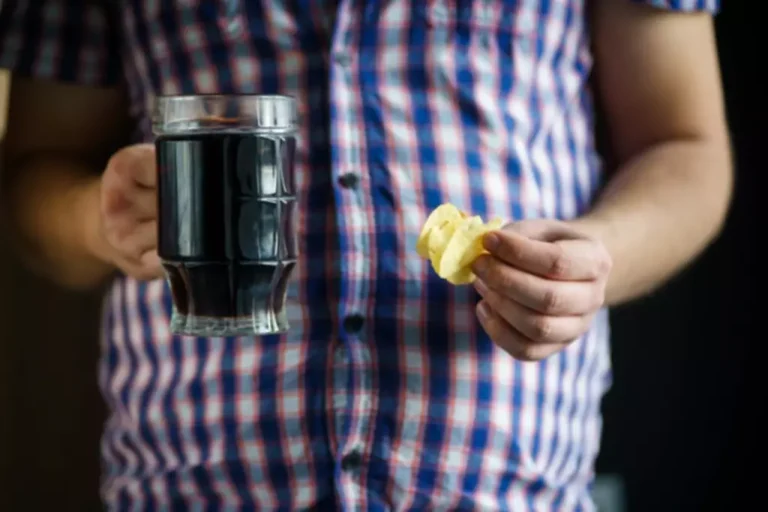
Alcohol use disorder can include periods of being drunk (alcohol intoxication) and symptoms of withdrawal. Alcoholism and anger are two deeply intertwined issues that can have a profound impact on an individual’s life and well-being. Understanding the complex relationship between these two conditions is the first step towards addressing them effectively and reclaiming a healthier, more balanced future. The urn random assignment was carried out by the project coordinator via a computerized program.

2 Attendance and Treatment Satisfaction
They can learn to recognize potential triggers and how to safely manage them. It only becomes unhealthy when it goes unresolved and when it isn’t addressed. While anger isn’t necessarily a side effect of alcoholism, drinking to “dull” or “numb” the anger (or other emotions) isn’t just ineffective – it could be a sign that it’s time to seek help for some deeper issues.
Increased likelihood of expressing anger while intoxicated

Anger, a normal emotion, can be manifested in various behaviors ranging from mild irritation to explosive outbursts. When alcohol enters the alcoholism and anger equation, its impact on our neurobiology becomes essential to understand. Often, it takes months (or even years) before someone finds themselves physiologically and psychologically dependent on alcohol. Because of this, it’s not always easy to figure out whether or not someone you love has a “problem,” let alone exactly when it began. Additionally, it can be hard for people to spot the signs of AUD in themselves.
- Addressing and letting go of anger is vital in the Alcoholics Anonymous (AA) 12-step approach, which involves a moral self-inventory and overcoming personal flaws.
- When you drink alcohol, you behave impulsively, which can affect your decision-making abilities.
- When you drink alcohol and behave aggressively, you may be violent with your family members, leading to domestic violence.
- Those who don’t think about the consequences of their actions are more likely to adversely affect themselves and others.
- Heavy drinkers are more likely to engage in risky behavior, which includes being violent and acting out hostile emotions, often against a loved one.
- Do you ever wonder why it feels so easy to confront your anger when you’re drinking?
4.3 AA involvement predictors
Alcohol withdrawal can be potentially life-threatening, in the case of severe dependence. Medical detox is typically considered the optimal method for allowing alcohol to safely process out of the body while under continual medical supervision. When people have difficulty controlling impulses, trouble regulating their emotions, or alcohol rehab may present a danger to themselves and/or others, medical detox is required.
3 Predicting Treatment Outcomes

It was found that thought suppression mediated the association between the toughness masculine norm and alcohol-related aggression. Another study of 249 heavy drinkers similarly found that alcohol intoxication predicted higher levels of IPV in those who reported low psychological flexibility (Grom et al., 2021). By Buddy TBuddy T is a writer and founding member of the Online Al-Anon Outreach Committee with decades of experience writing about alcoholism. Because he is a member of a support group that stresses the importance of anonymity at the public level, he does not use his photograph or his real name on this website. People who tend to ignore the future consequences of their behavior, or score low on the Consideration of Future Consequences (CFC) scale, have been found to display more aggression.
- If that’s something you feel you’re unable to do, we can support you with other methods of treatment.
- If a health professional has diagnosed you with anger management problems, you may find these get worse when you drink.
- After much consideration, he eventually joined an alcohol treatment program as I helped him grieve his wounds and manage his anger.
- Because denial is common, you may feel like you don’t have a problem with drinking.
- The stress-reducing effects of alcohol often make people believe there are no real consequences for their actions, which leads to confrontations, fights, or displays of aggression.
Moreover, alcohol misuse can make people assume they’re in power and show angry outbursts more often. Being at the opposite end of someone with alcohol-related anger outbursts can be scary and painful. There is a clear link between alcohol consumption and increased aggression levels. However, it’s essential to recognize that not all individuals who consume alcohol will exhibit aggressive behavior. For individuals already dealing with anger issues, alcohol can intensify and magnify these underlying challenges. This amplification occurs due to alcohol’s impact on the brain’s neural pathways, particularly those involved in emotional regulation.

Studies show that people who abuse alcohol are more likely to be abusive to their family members, including children.10 Children who grow up around domestic violence are more likely to abuse drugs and alcohol as teens and adults. People known to have anger outbursts on alcohol can end up destroying relationships. Even the people who care about them the most can be unable or unwilling to continue to tolerate the abuse. An earlier study found that alcohol use enhanced aggression primarily among individuals who showed a heightened disposition for such behavior (Eckhardt =https://ecosoberhouse.com/ and Crane, 2008). They were directed to engage in a task with the potential to trigger aggressive verbalizations, with those who consumed alcohol showing significantly more such behavior.
FAQs About Alcoholism And Anger
- Another study found that people who focus on the present moment tend to be angrier alcoholics.1 They don’t consider the consequences of their actions, so they’ll act on their anger without regard to what will happen in the future.
- Relapsers group differ from the abstainer group in relation to the presence of trait and state anger.
- Each individual has unique anger triggers based on what you expect from yourself and those around you.
- Your treatment will depend on the role alcohol plays in your life and how present anger is during your everyday lived experience.
The present study is going to explore the relationship of anger with treatment outcome among alcohol users after 1 year of treatment. The data for the present study were taken from the project work on correlates of anger among alcohol users, funded by center for addiction medicine, NIMHANS, Bengaluru, Karnataka, India. Integrated treatment plans that address both alcohol use disorder and anger issues concurrently offer a comprehensive and holistic approach to promoting long-term recovery and emotional well-being. Contrary to popular belief, anger is not the sole emotional experience while drinking. While some individuals may indeed experience heightened anger under the influence of alcohol, others may encounter a range of emotions, including happiness, sadness, or even euphoria. Some people are more prone to trouble controlling their anger while drinking than others.
Personality and the Propensity to Become Aggressive When Intoxicated
Anger management therapy is one of the best options available for helping you understand your emotions and find effective ways to cope with them. People who are the closest to the alcoholic who struggled with anger often get the most abuse. You may find yourself walking on eggshells to avoid an alcohol-induced anger outburst. Additionally, there is evidence that chemical and biological factors play a role.